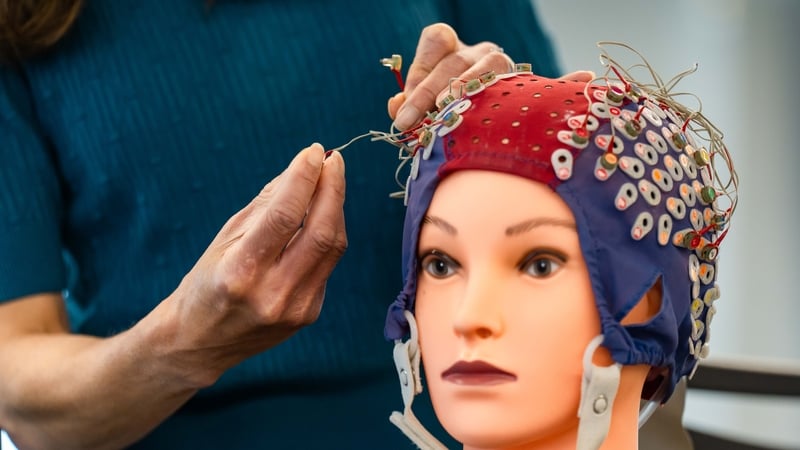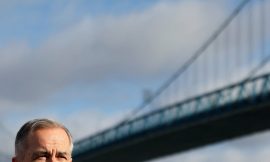Wearable sensors for stroke patients and chip-based cancer tumour simulations feature in a new €1 million transatlantic Dublin City University (DCU)-Arizona State University (ASU) research collaboration.
The four-year projects have been funded in a new joint PhD programme, which marks the latest stage in a longstanding collaboration between the two universities.
Researchers in Dublin and Tempe, Arizona, are working to develop a lightweight wearable sensor system which could enable greater personalised care and home-based recovery for stroke patients, through precise brain and muscle activity data.
The system will feature a brain and muscle imaging technique that uses light to measure brain activity more efficiently than large scanning equipment used in medical settings.
By engineering ultra-thin artificial surfaces known as metasurfaces, sometimes thinner than the wavelength of light, it is possible to greatly reduce the size of imaging technology.
Another team will use advanced 3D chip-based modelling of cancerous tumours to unravel how specific gene mutations in certain proteins make triple negative breast cancer harder to treat.
The team will use these models to screen different drugs and identify new biomarkers to develop therapies that can restore precision to treatment in hard-to-treat breast cancers.
The first project is led by Dr Shirley Coyle from DCU and Dr Sui Yang from ASU’s Biodesign Institute, while the second features Dr Alex Eustace and Dr Paul Buchanan from DCU and Dr Mehdi Nikkah and Dr Jin Parks on the ASU side.
“These innovative projects exemplify the mission of the ASU-DCU Collaborative Doctoral Programme – to tackle urgent global health challenges through world-class, interdisciplinary research,” said Professor Nick Dunne, Executive Director of DCU Biodesign Europe.
Professor Joshua La Baer, Executive Director of the ASU Biodesign Institute said it is committed to accelerating discoveries that improve human health, and that requires bold, collaborative science.
“This programme with DCU creates exactly the kind of international, interdisciplinary environment where breakthrough ideas can thrive,” Professor La Baer said.




